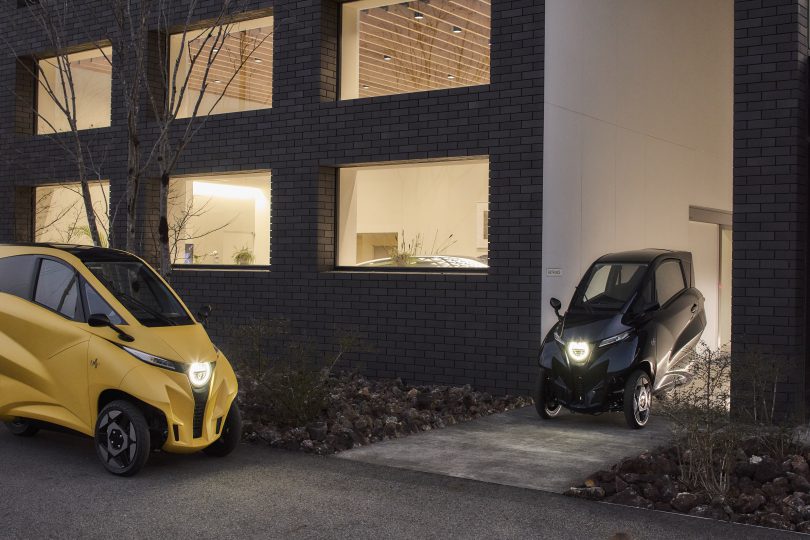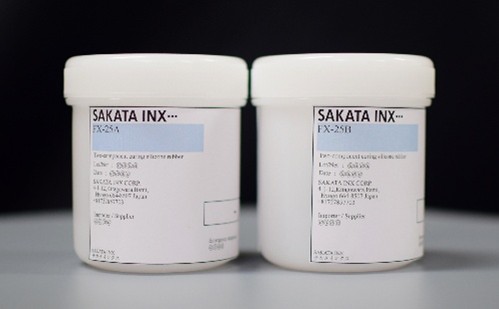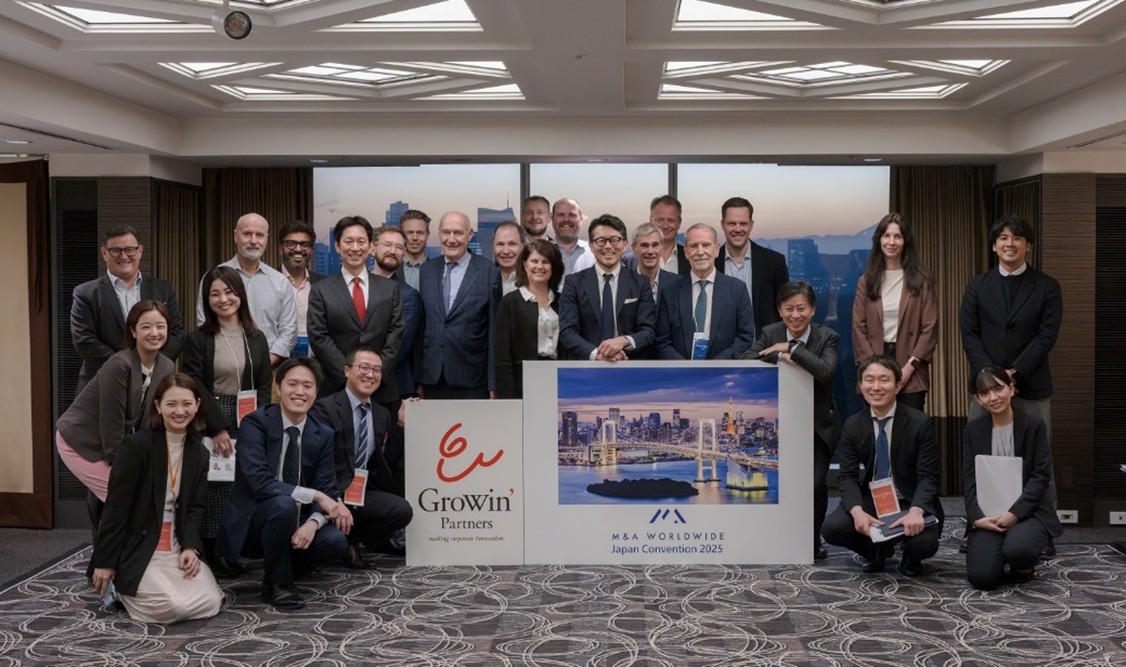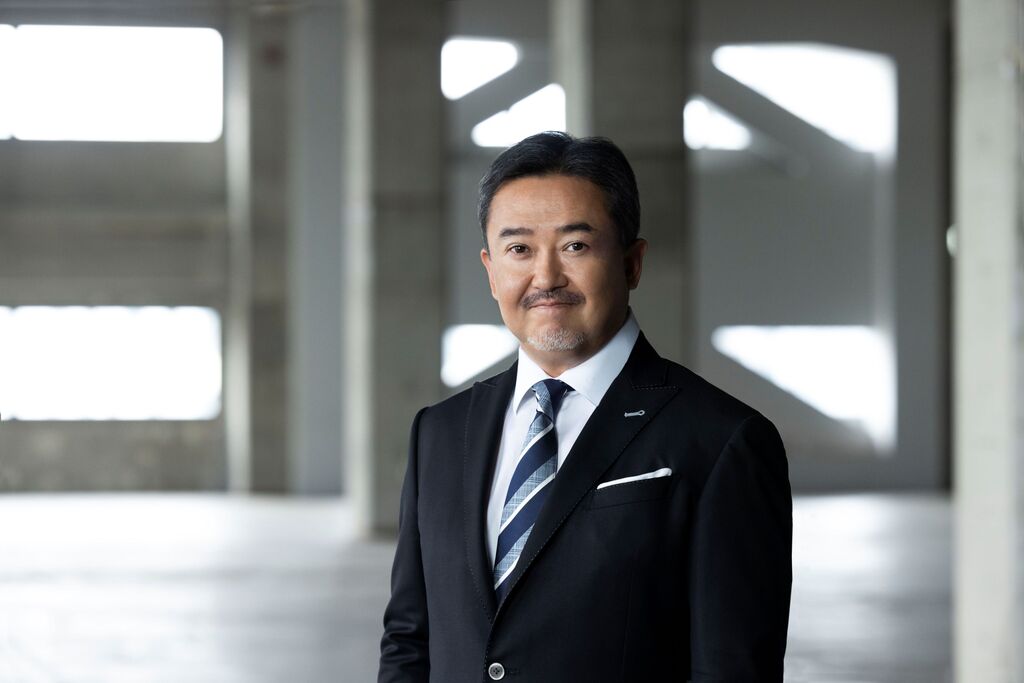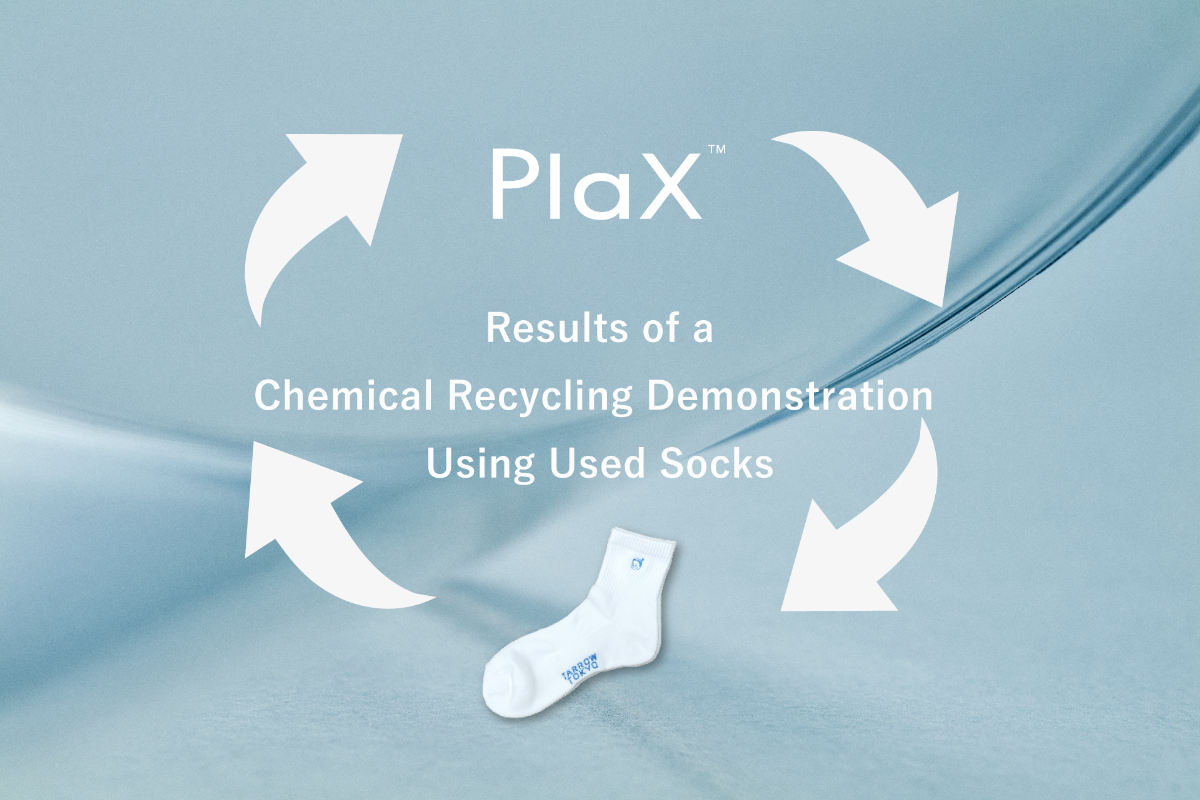Their first product, Lean3, has entered the final phase of mass production development.
Lean Mobility*, under the leadership of CEO Akihiro Yanaka has announced its entry into the final phase of mass production development for Lean3, an urban compact electric vehicle (EV), after accepting a total investment of ¥2.8 billion JPY (Japanese Yen) from a consortium of Taiwanese automotive-related companies.
This fundraising signifies the considerable expectations and trust in the innovative product development that Lean Mobility has been advancing. This progress has been made possible by assembling specialists with extensive industry experience and building strong relationships with partner companies. CEO Akihiro Yanaka, who possesses rich experience and expertise in the micro-mobility business, is leading this new challenge.
* Lean Mobility consists of Lean Mobility Co., Ltd. (Aichi Prefecture, Japan) and Lean Mobility Inc. (Taiwan).
Investment details: A ¥2.8 billion funding injection into the Japan-Taiwan alliance framework.
This historic ¥2.8 billion fundraising effort is aimed at accelerating the development and market launch of innovative urban compact EVs. The investing entities include companies** that represent Taiwan’s automotive industry. Beyond the financial investment, the extensive cooperation with each company is expected to further strengthen Lean Mobility’s product development, mass production, and market deployment.
** A subsidiary of Lioho Machine Works Ltd., The major shareholder of Tai Yue Rubber Industrial Co., Ltd., Tonglit Logistics Co., Ltd.
Lean Mobility is supported by a team of specialists from across industries, including CEO Akihiro Yanaka, who has a profound understanding of the global vehicle manufacturing ecosystem. The team also comprises experts well-versed in mobility business, marketing, and sales across various sectors, and members experienced in conducting urban compact EV trials, all of which are highly valued for their comprehensive expertise.
Furthermore, the majority of the components for the mass-produced vehicles have already been sourced with selected supplier candidates, and the construction of the supply chain is in its final stages.
Expansion Plan: Accelerating Toward Mid-2025 Market Launch, Potential Market Estimated in Millions
Lean Mobility has reached a significant milestone in the development of its urban compact EV. Following the roadmap, the company will proceed with detailed development plans, aiming for a market launch by mid-2025. The regional rollout will begin with the launch in the Taiwanese market, with plans to expand into Japan and European markets, expecting to produce over 50,000 units within five years.
Lean Mobility estimates that there are potentially millions of units in demand for urban mobility that motorcycles, due to their sense of safety and comfort, and automobiles, due to their size and maneuverability, have not been able to satisfy. By capturing these demands, it aims to achieve global scale.
New Mobility Genre, RideRoid: Achieves Two-Seater Capacity in a Vehicle 1/3 the Size of a Car, Rear Seat Compatible with Child Seat
Lean Mobility’s Lean3, with a product size approximately 1/3 that of a conventional car***, enables two passengers to ride, and the rear seat is designed to accommodate an ISO standard-compliant child seat. It is also equipped with a cabin that protects against rain and wind, along with air conditioning.
*** The projected area from the top when parked is 1/3 that of a conventional car.
The newly adapted Active Lean System for the front steer utilizes G-gyro sensors to constantly estimate the vehicle’s posture. During cornering, it dynamically controls the left and right suspension of the front wheels, tilting the body at the optimal angle to achieve stable and exhilarating driving experience.
RideRoid, a new genre of mobility that integrates posture control robotics technology with advanced automotive driving techniques into a compact and highly functional cabin, aims to dramatically improve mobility efficiency in urban areas. As an eco-friendly means of transportation, it offers convenience and creativity to the lives of city dwellers.
Innovative Customers Relation:
Lean Mobility is also pioneering innovation in building relationships with customers. By adopting a direct sales model concurrent with product launch, the company establishes a direct connection with its customers. The essence of this approach lies in the continuous creation of added value based on customer needs, facilitated by incessant communication with users. With this in mind, Lean Mobility intends to further enrich customer experiences through service development that enhances customer engagement, leveraging open innovation and building upon new more partnerships.
Lean Mobility Vision:
“Drive Lean, Live Life”
Lean Mobility’s focus on modern urban transportation issues lies in the inefficiency of car usage. It is said that the average four-seater car, when actually used, carries only about 1.3 people, highlighting the physical redundancy of conventional vehicles as a means of transportation.
Lean Mobility believes that the realization of more efficient urban traffic cannot be achieved solely through the electrification of cars or service-based approaches such as sharing. As a further solution, the company aims to downsize the hardware of the vehicle itself.
Developing hardware that necessitates a high accumulation of know-how, such as vehicles, demands a long value chain that includes development, mass production, sales, and after-service, making it challenging to establish as a business without industry know-how. However, Lean Mobility is forging ahead towards the realization of its vision with a team that fuses members with abundant knowledge and experience within the industry and specialists from outside the mobility industry, who bring an external perspective to the challenge.
Our vision is to provide a smarter and more efficient urban transportation model for a sustainable future through Lean3. With the tagline “Drive Lean, Live Life,” we aim to improve the quality of urban life and contribute to the protection of the global environment through innovative mobility solutions.
CEO Akihiro Yanaka comment
” Our vision is to redefine the future of urban mobility. With this round of fundraising and Lean3 entering the final phase of mass production development, we have made significant strides in realizing our vision. As we move forward, we will continue to drive the project forward, hand in hand with an increasing number of partners.”
CEO Akihiro Yanaka Profile
After graduating from the Faculty of Engineering at the University of Tokyo in 1993, Akihiro Yanaka joined Toyota Motor Corporation. He worked on chassis design and driving control systems before taking charge of planning new concept vehicles and researching and developing urban transportation systems. Through leading numerous concept car developments and demonstration projects, he discovered the social potential of compact mobility and decided to make it his life’s work. In 2022, he founded Lean Mobility.
For inquiries regarding this press release:
info@leanmobility.net
Lean Mobility website:
Reference Information: Lean3 Size & Specifications
Size
Length (mm): 2470
Width (mm): 970
Height (mm): 1570
Wheelbase (mm): 1800
Tread (mm): 850
Minimum turning radius (m): 3.6
Seating Capacity
Category L5: 2 persons
Category mini car (Japan): 1 person
Driving System & Performance
Drive system: Rear wheel in-wheel motor
Battery: LFP
Battery capacity (kWh): 8.1
Charging time (h): Approx. 7 hours with AC100V / Approx. 5 hours with AC200V (provisional values as under development)
Driving range per charge *WLTC class1 (km): 100 (provisional value as under development)
Maximum speed (km/h) Taiwan: 80
Maximum speed (km/h) Japan: 60
Utility
Air conditioning: Available
Child seat: Installable (comparable to ISO-FIX F2X)


